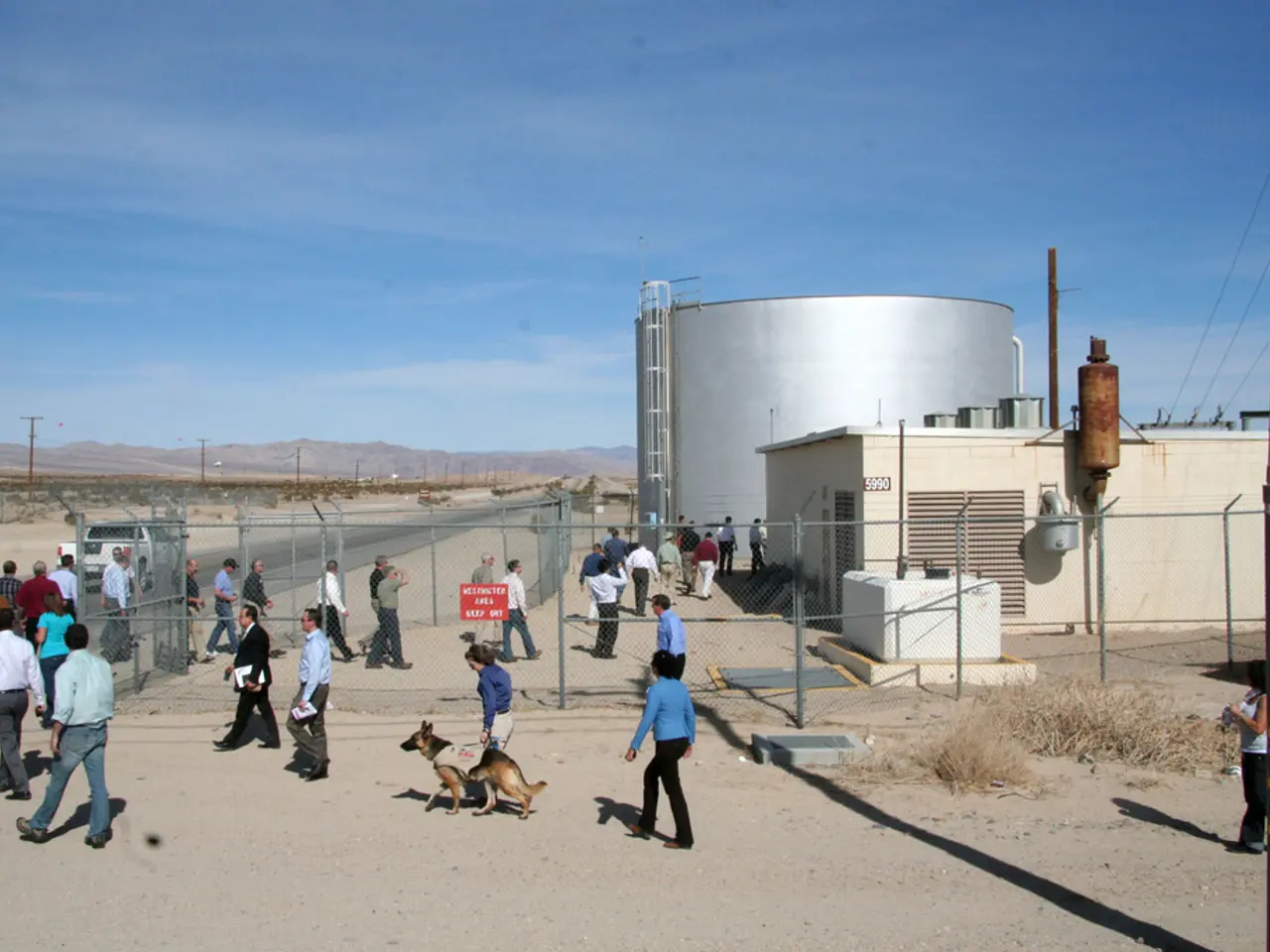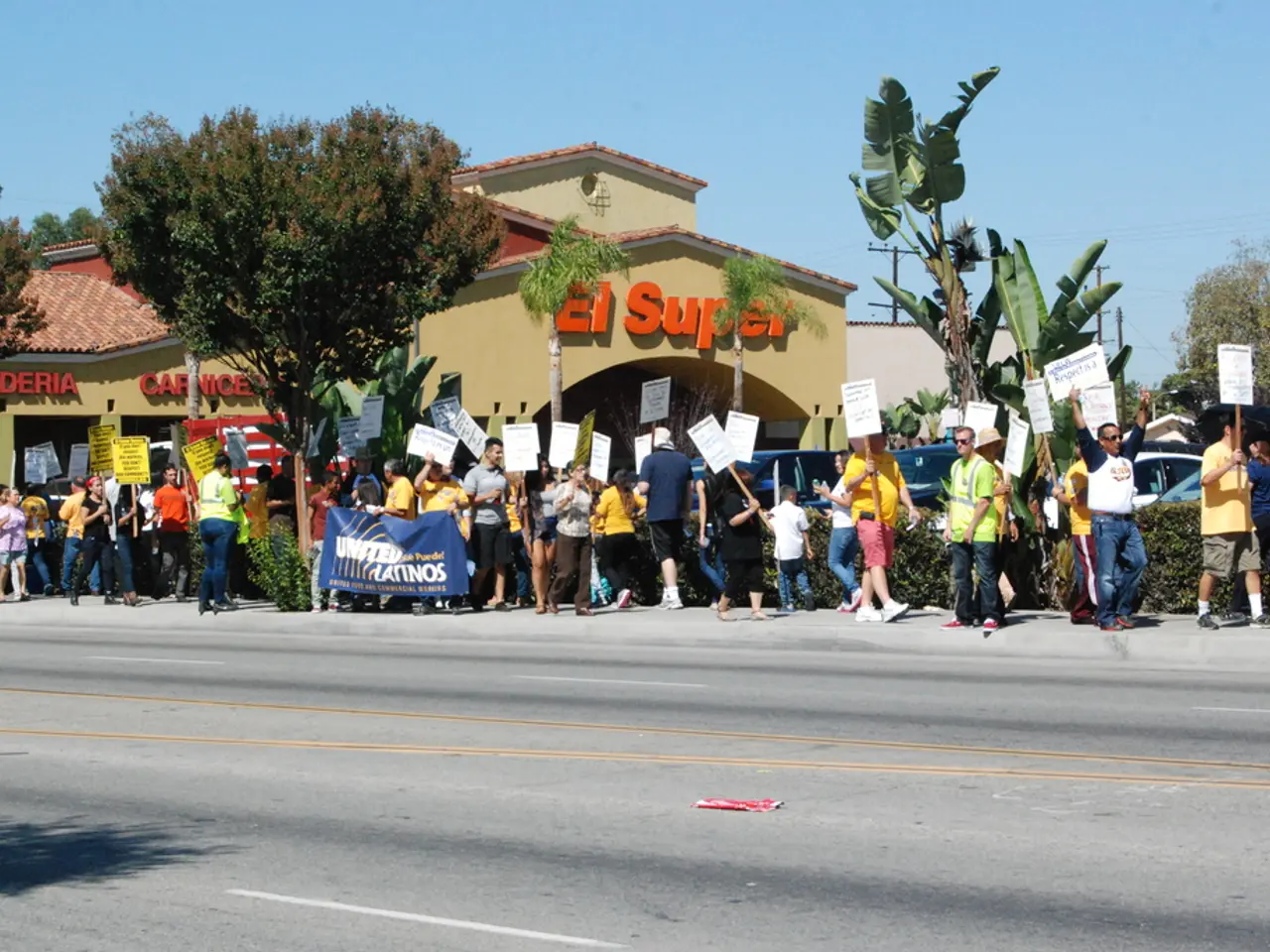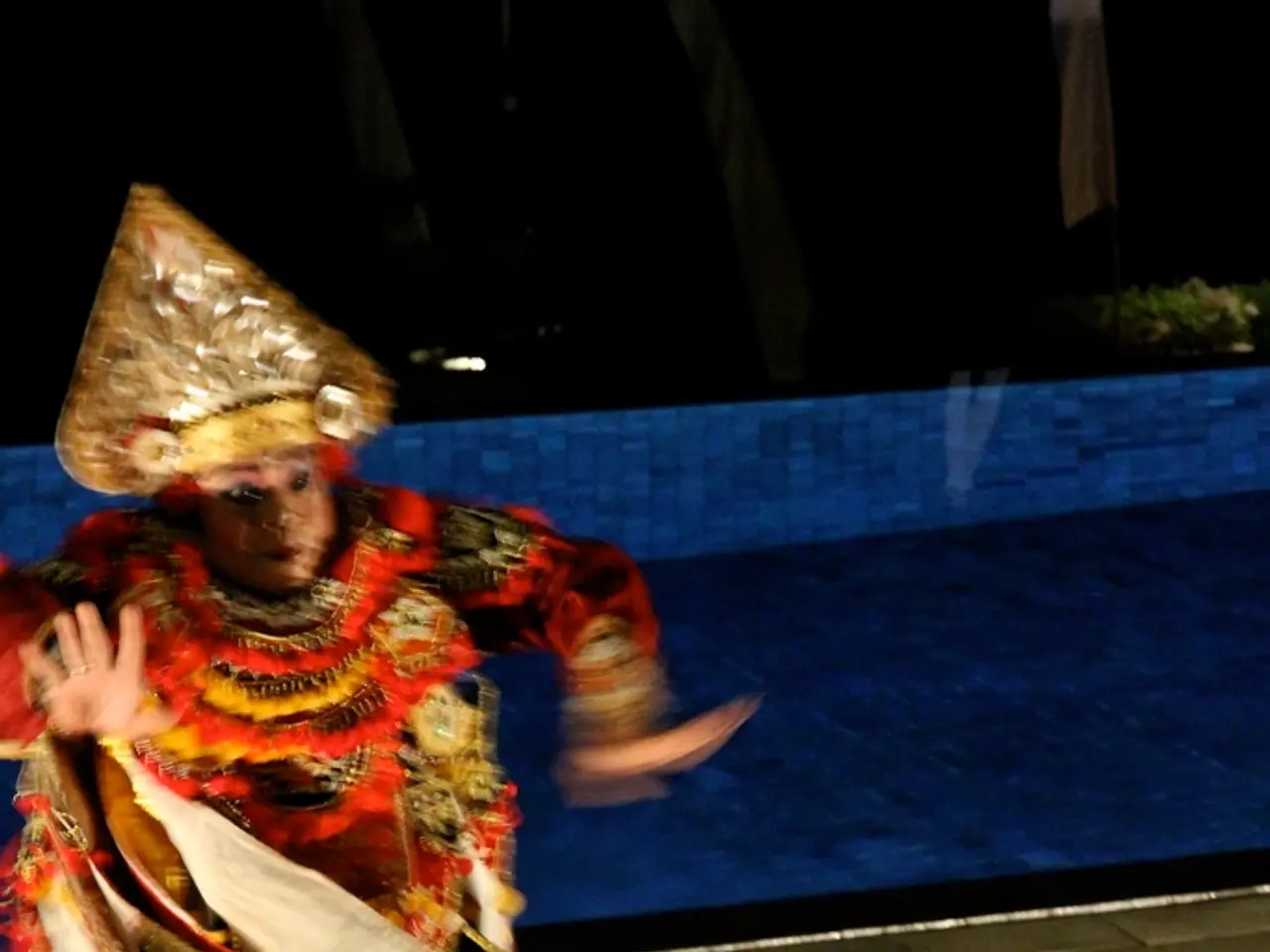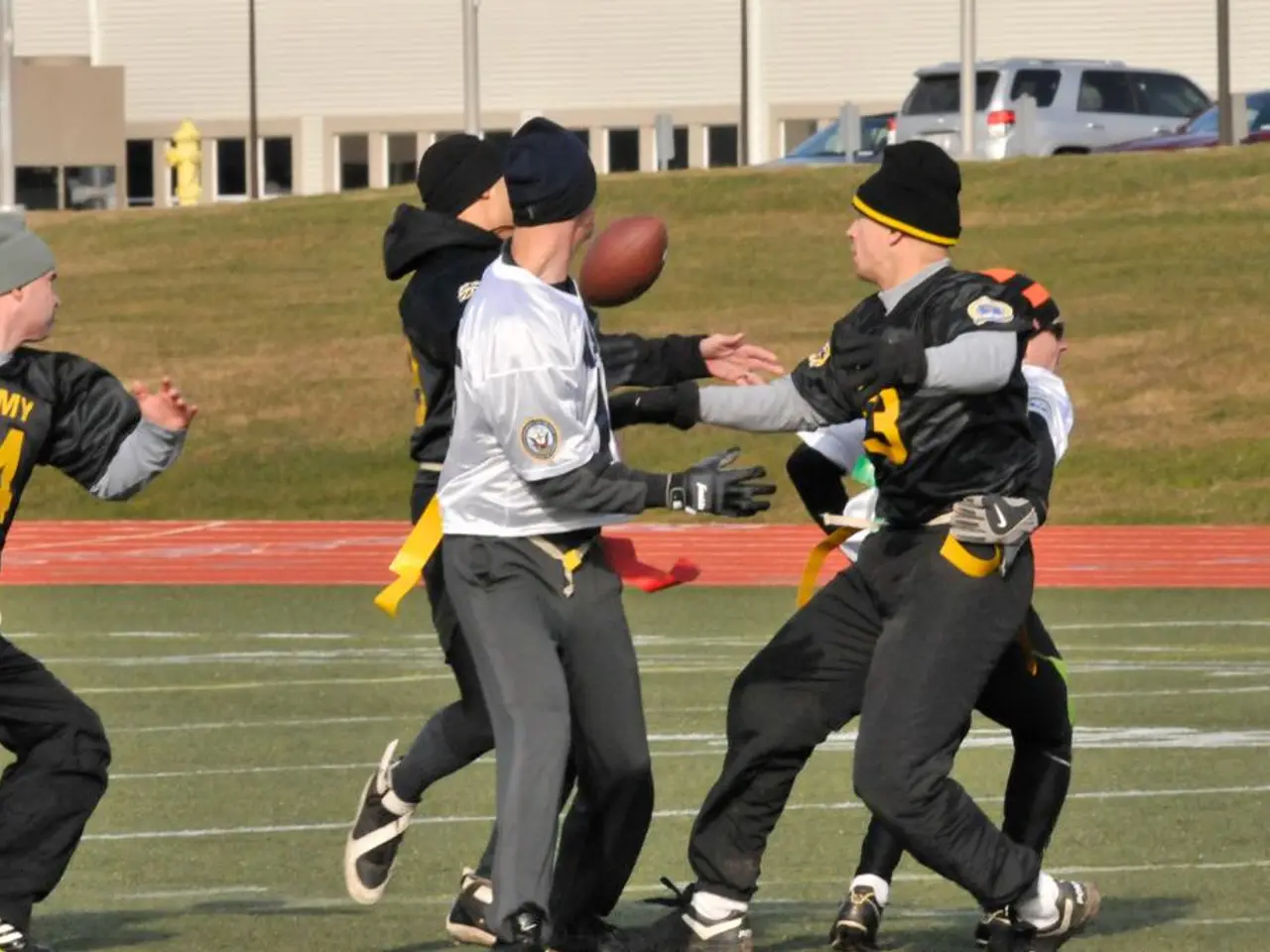Syria's military headquarters and close proximity to the presidential palace are struck by Israel
Israeli airstrikes have been targeting Syria for the third consecutive day, with the latest attacks hitting the Syrian military headquarters in Damascus, the Syrian Defense Ministry building, and the presidential palace. These strikes are in response to the ongoing sectarian violence in southern Syria, particularly the clashes between Druze and Bedouin tribes.
The immediate trigger for the conflict was an incident involving a Bedouin tribe attacking and kidnapping a Druze merchant on the Sweida-Damascus highway. This escalated into armed clashes between Druze militias and Bedouin tribal fighters, leading to significant casualties and chaos.
Israel has been asserting that its strikes are aimed at protecting the Druze minority in southern Syria. The Druze are an offshoot of Shia Islam, and a significant portion of the global Druze population resides in Syria, with the majority in the southern region. Israel has expressed concerns about instability in the region and the potential for Syrian government forces to exploit sectarian divisions, and the Israeli strikes are meant to pressure Syrian forces to withdraw from the Druze-majority areas, such as Sweida.
Following Israeli airstrikes, a tentative ceasefire was announced, and Syrian government troops withdrew from the Suwayda governorate, which is predominantly inhabited by Druze, as part of the agreement. However, Israel continued its airstrikes, emphasizing a commitment to protect the Druze and ensure the withdrawal of forces from the area.
The attacks were reported by various news agencies, including Reuters and the UK-based Syrian Observatory for Human Rights. The UK-based organisation reported that two people were injured in two successive airstrikes near the General Staff Headquarters.
Members of the Druze community from Israel have been entering Syria to support Druze armed groups, while people from the Syrian Druze community have been trying to enter Israel. In February, Israeli Prime Minister Benjamin Netanyahu called for southern Syria to be completely demilitarized.
Netanyahu also warned that Israel would not tolerate the presence of Syrian government forces near territory it controls. These threats were reinforced after Israel's Defense Minister, Israel Katz, stated that "the warnings to Damascus have ended - now painful blows will come" after the strikes.
The nature of the attacks involved drone strikes and airstrikes. The attacks come after Israel vowed to step up its strikes in Syria, and they occurred under Syria's new rule. The fighting continues in the predominantly Druze city of Sweida, where Israeli strikes also occurred throughout Wednesday.
Sources: [1] The New York Times [2] BBC News [3] Reuters [4] The Guardian [5] The Jerusalem Post
- The Israeli government emphasizes its strikes, targeting Syria for three consecutive days, are aimed at protecting the Druze minority in southern Syria, given their significant population in the region.
- As the conflict in southern Syria escalates, involving clashes between Druze and Bedouin tribes, human rights organizations express concerns about escalating casualties and violence.
- Amidst the war-and-conflicts around the region, news agencies like Reuters and the UK-based Syrian Observatory for Human Rights report on the ongoing Israeli airstrikes in Syria, citing injuries in areas such as the General Staff Headquarters.
- In response to the escalating violence, both Druze community members from Israel and Syrians within the Druze community attempt to enter their respective territories. Israeli Prime Minister Benjamin Netanyahu reiterates his call for southern Syria to be demilitarized as Israeli strikes continue in the region, under the watchful eyes of global news agencies and media outlets.





